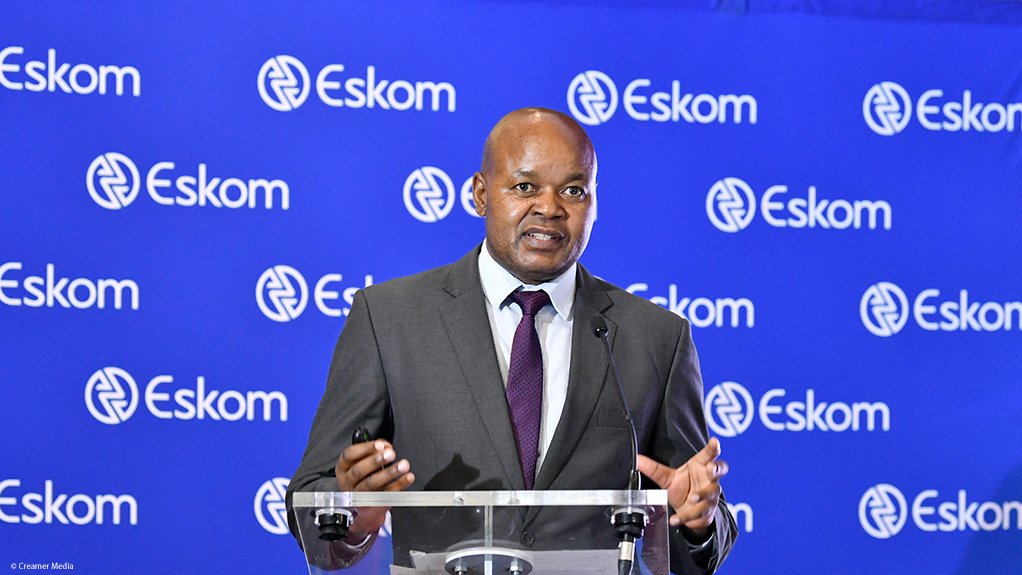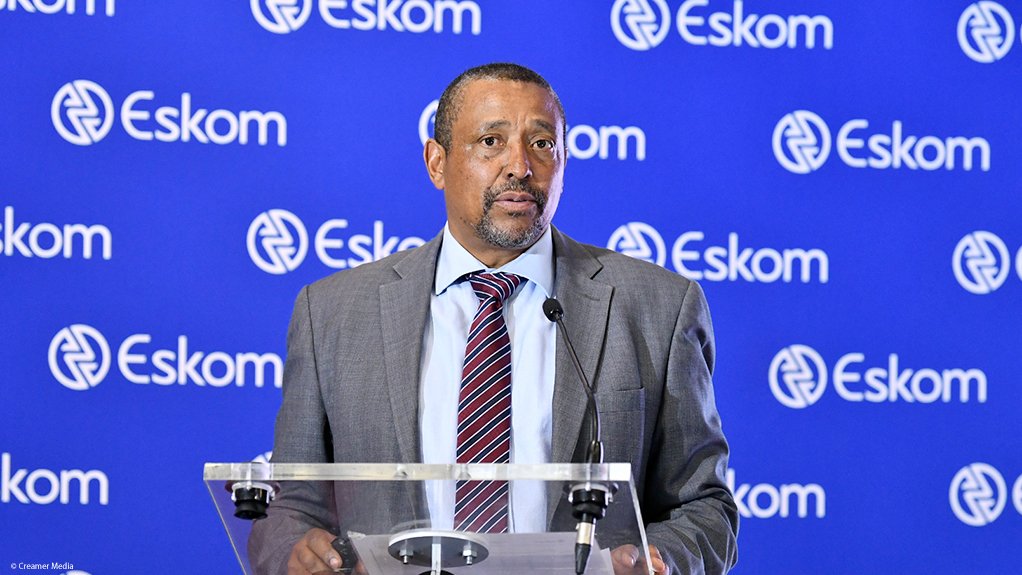During a State of the System address hosted on Friday, Eskom confirmed its generation recovery plan (GRP) is making tangible progress, with various coal-fired power station units having been refurbished, repaired or optimised.
Launched in April 2023 following extensive stakeholder engagements, including with power station managers, the GRP aims to address challenges affecting South Africa’s energy availability factor (EAF) within a two-year timeframe.
The impact of the GRP had been positive, Eskom chairperson Dr Mteto Nyati said on Friday, citing the current 30-day streak of no loadshedding as an example.
While Eskom’s EAF currently stands at 61%, slightly below the targeted 65%, it marks a significant improvement from 51% reported a year ago.
Eskom aims to improve the EAF further to 70% in the 2025 financial year.
Under the GRP, priority was given to repairing and maintaining select power stations. This included those that were performing well, followed by those with technical faults or other issues.
Nyati said Eskom group executive for generation Bheki Nxumalo played an instrumental role in leading these efforts since his appointment in April 2023.
Another effort by the GRP has been to make sure that all Eskom’s power stations are being led by individuals that understand the technical aspects of the plant and resolve the challenges that power stations are facing.
Nxumalo said the priority stations of the GRP were Tutuka, Duvha, Majuba, Matla, Kendal, Arnot, Kriel and Koeberg, which were the ones with the most issues to resolve, while Eskom had a “safeguarding performance” approach at the Medupi, Lethabo, Matimba and Peaking power stations.
Key actions in the 2024 financial year include successfully executing projects at Koeberg Unit 1 and sustaining performance at Medupi power station, as well as returning Kusile units 1, 2 and 3 to performance, which were a major contributor to the record loadshedding experienced in 2023.
The utility also managed to synchronise Unit 5 at Kusile in the 2024 financial year, which will start commercially operating from June. Unit 6 will be synchronised by October.
From the 2025 financial year onwards, Eskom aims to return Unit 4 at Medupi power station from a long-forced outage by September, successfully implement the Koeberg Unit 2 steam generator, and to continue to focus on skills capacity strengthening across the operation.
Eskom also aims to return more units from long-term outages.
Notably, the Hendrina power station, which was initially earmarked to be decommissioned, has five out of six generation units running, in the interest of energy security.
Nxumalo confirmed that Eskom has managed to decrease spend on expensive open-cycle gas turbines in March and April, compared with record spend on this technology as an emergency measure for power last year.
To test the effectiveness of the GRP and overall EAF performance, Eskom has had independent parties review the plan and progress, including WSP Environmental, VGBE and the World Bank.
DEMAND SIDE
Meanwhile, Eskom is actively addressing demand-side challenges to alleviate pressure on the electricity system. Group executive for distribution Monde Bala outlined plans to deliver 382 MW of demand reduction during the 2024 winter period, supplementing the cumulative demand savings of 4 000 MW achieved through previous management efforts.
Some initiatives to date include successful deployment of 50 MW load limiting through smart meters and the deployment of Eskom Energy Efficiency Programmes and Power Alerts to drive behavioural change.
Beyond the winter outlook, distribution will be driving initiatives worth 2 282 MW in the next 12 to 18 months, which include residential load management from metros and load limiting across all provinces.
In addition to demand reduction, Eskom is also focusing on additional initiatives to relieve pressure on the system, such as incentivising customers to export excess energy and receive a credit to add energy to the grid. Customers are also being encouraged to make safer inverter installations by registering with the utility – 429 systems with an equivalent capacity of 254 MW have been authorised to date.
Eskom installed 20 microgrids over 2023/24 with a target of 33 over 2024/25, as an alternative to grid-tied solutions to provide further relief to the system.
Eskom is also driving virtual wheeling and traditional wheeling solutions to incentivise the establishment of, and investment into, generation facilities.
The utility has 16 projects in the pipeline, totalling 66 MW, related to its Standard Offer programme that allows customers to sell excess energy to Eskom.
In conclusion, Bala emphasised Eskom’s collaboration with the Electrical Commission of South Africa ahead of the elections on May 29, to ensure stable electricity supply.
Edited by: Chanel de Bruyn
Creamer Media Senior Deputy Editor Online
EMAIL THIS ARTICLE SAVE THIS ARTICLE
ARTICLE ENQUIRY
To subscribe email subscriptions@creamermedia.co.za or click here
To advertise email advertising@creamermedia.co.za or click here
















